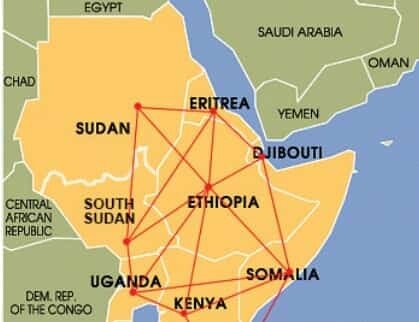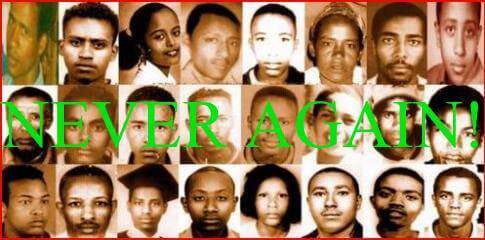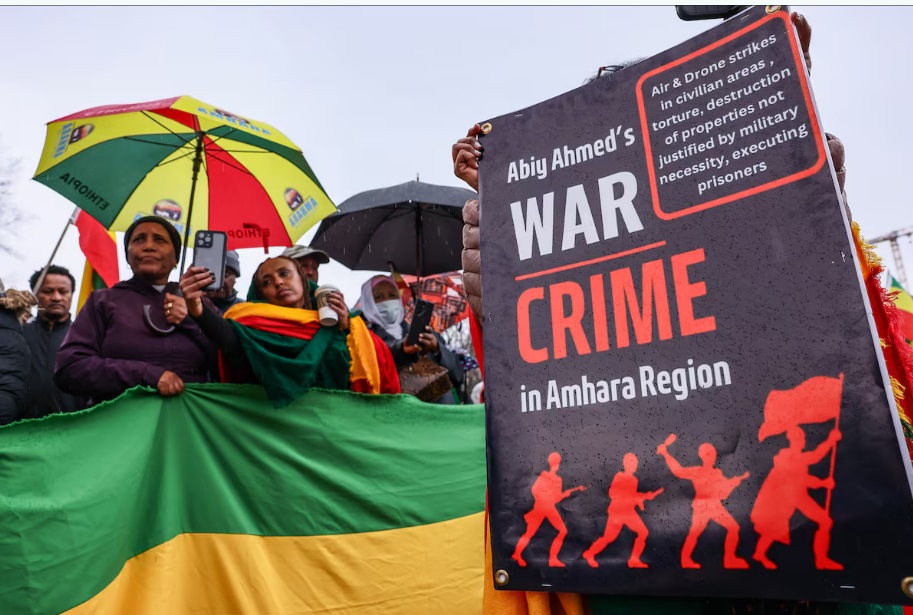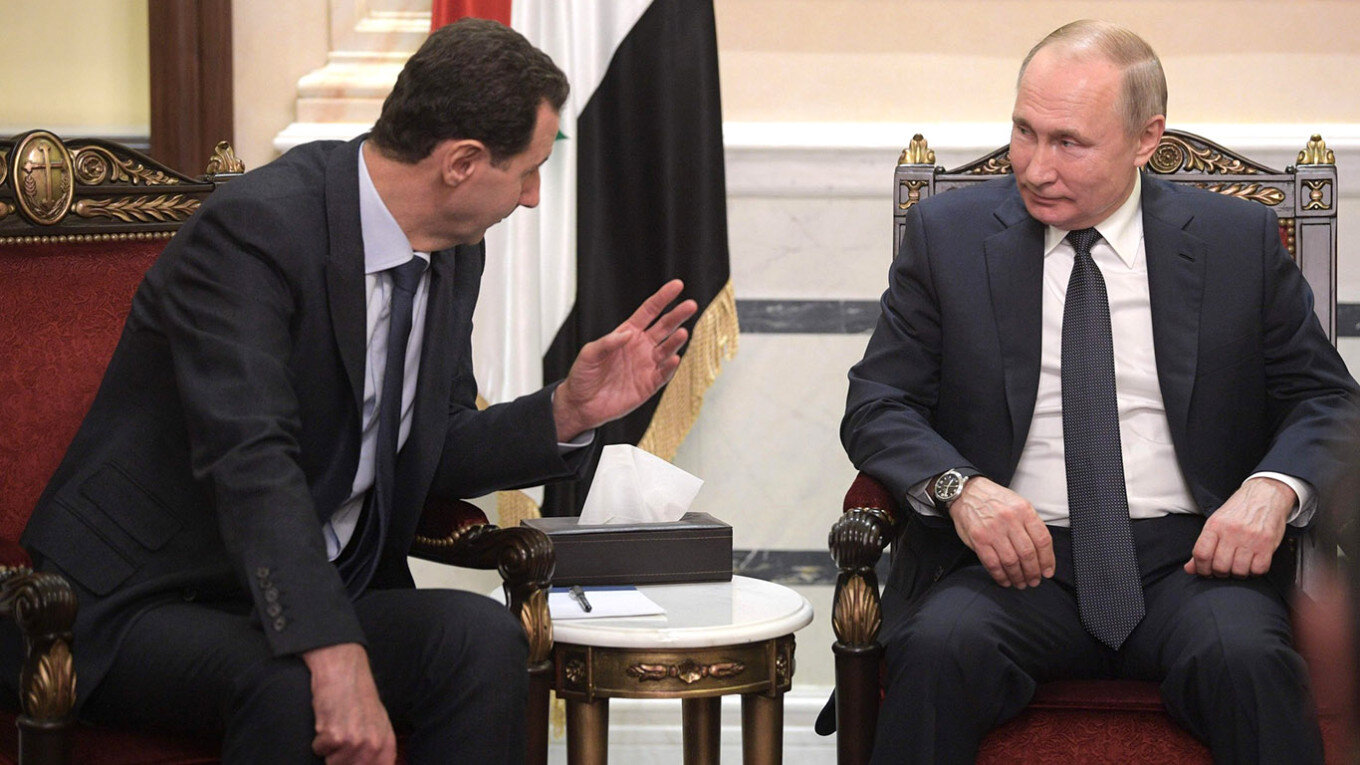By Dr. Suleiman Walhad
November 8th, 2022
Why would countries of the Horn of Africa States leave their own and join others despite the fact that the new regional block they seek does not own any of the ancient history and identity it owns? We are referring to the discussions of Federal Somalia, belonging to and, in fact, one of the backbone states of the Horn of Africa States, with the EAC, exploring possibility of joining the East Africa Community (the “EAC”). This is a subject which the leaders of Somalia have not even discussed with its own populations, thus making a similar error as the one committed by General Mohamed Siad Barre, when he forced the Somali people to change identity and become all of a sudden “Arabs”, when they are not, thus instigating all the problems Somalia has had since then.
The Horn of Africa States, indeed, is a region which owns its own historical and cultural identity and which dates back almost to the dawn of history itself. It made its own history through the interactions of its own populations and with others – conflicts and peace within and with others throughout thousands of years. The region domesticated the camel, the black-headed Somali sheep, and discovered plant foods that are native to the region (the teff, coffee, and ensette), and which still form the main diet of the populations of the region. Foreign interferences have not changed it much in how the region behaves within itself and with others. The region’s indigenous socio-economic and political systems moderated the influences of the European colonialism of the last 150 years. In fact, but for a brief period during the Second World War, the largest state of the region, Ethiopia, was never colonized.
It is, therefore, surprising that some of the present leadership of the region, do not even consider the weight of their own region and its historical background, which should determine its own future – a future that can only be in an integrated Horn of Africa States and not in the almost neo-colonized states of East and Central Africa, the East Africa Community.
In earlier presentations on the region, we highlighted the complementarity of its hinterlands and its coastal regions, which in fact always determined the history and character of the region throughout history. The region always triumphed when the hinterlands and the coastal regions of the Horn were working together. It is when they built empires beyond the region – in Arabia and in India long ago. They were on the losing end when they were not working together.
The Horn of Africa States in the ancient times traded with the ancient world as they do so today. They supplied frankincense, myrrh, coffee, and spices to the Ancient Egyptians, the Arabs, the Phoenicians, the Mycenaeans, the Babylonians, the Persians and the Romans, and its sailors and merchants plied the seas and oceans surrounding the region. In fact, the Ancient Egyptians and Phoenicians claim their forefathers came from the Horn of Africa States.
With such a prestigious historical background, why would one now forego all that history and aspire to join a brand-new entity, instead of forging a new path for the region. It is clear that some countries in the East Africa Community as opposed to others in the same community, and most notably Kenya, appear to be pushing to have the two countries join the EAC. This is because they have benefitted from the chaos of both countries in the last several decades and it wants to double-dip on both regions for its own benefit.
We hear always that the international community has assisted Somalia over the last three decades with billions of United States Dollars – up to some US$70 billion. How was this money spent for this is a hefty sum? It should have built many roads, industries, offices, schools, hospitals and you name it. It is our understanding all these NGOs that have been a plague on the territory are all based in Kenya and hence a significantly sizable portion of those funds went into that neighboring country, which obviously does not want the Somalia or Ethiopia currently embroiled in its own chaos, to rise from the ashes. Eritrea another of the aggrieved countries of the region also suffers from machinations of outsiders, while Djibouti is from time to time, also exposed to unnecessary tribal discomforts.
Working together to address all the common problems is the only way for the Horn of Africa States to emerge from the shadows of obscurity and shine again as they used to in its ancient history. It is on the onus of the leadership to pave the way and organize fora and conferences among the different segments of the populations of the region. The choice of the region would definitely be for the Horn of Africa States (“HAS”) and not for the East Africa Community (“EAC”) with which the populations share little.


















Obbo Dr. Suleiman Walhad:
Where is my book?